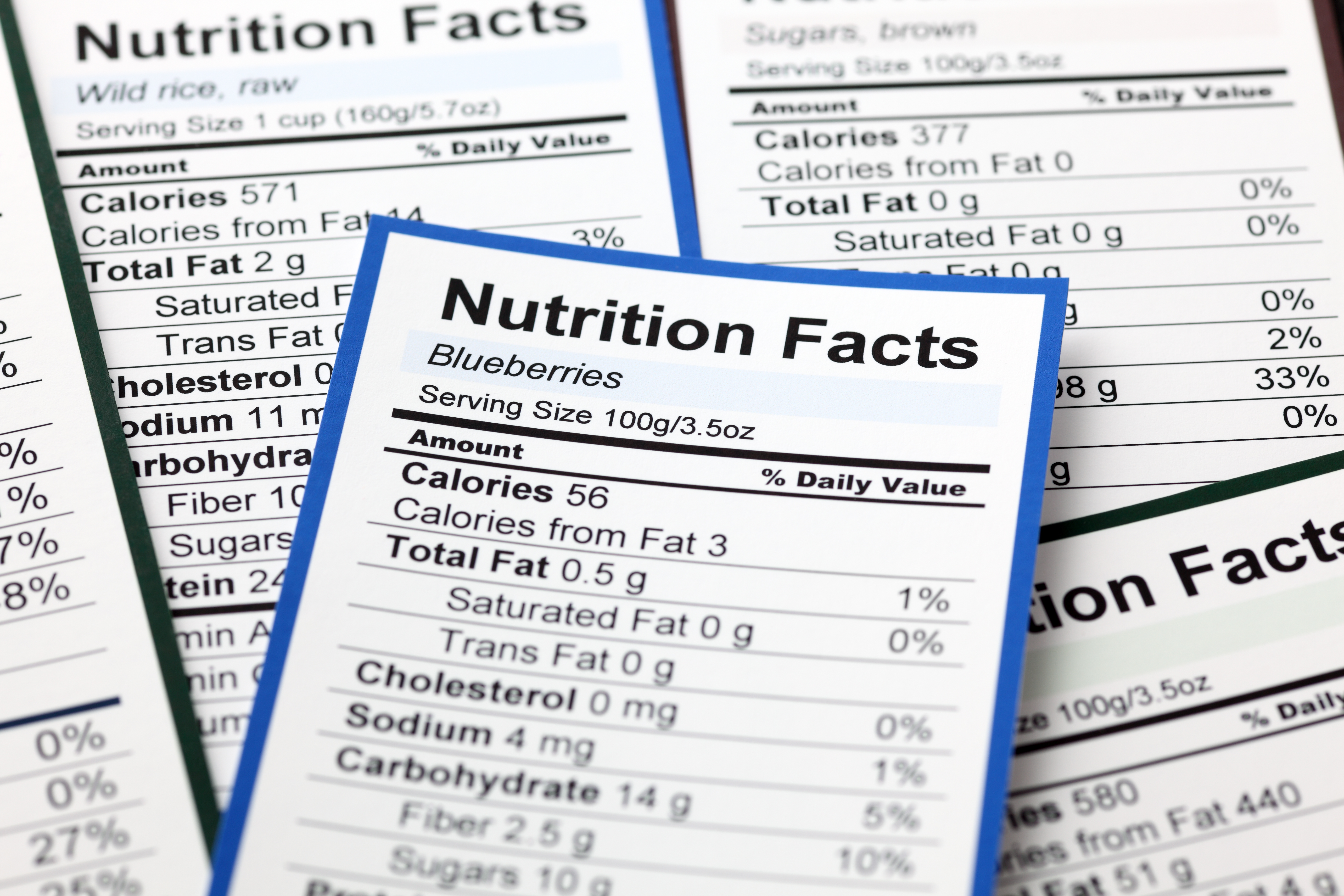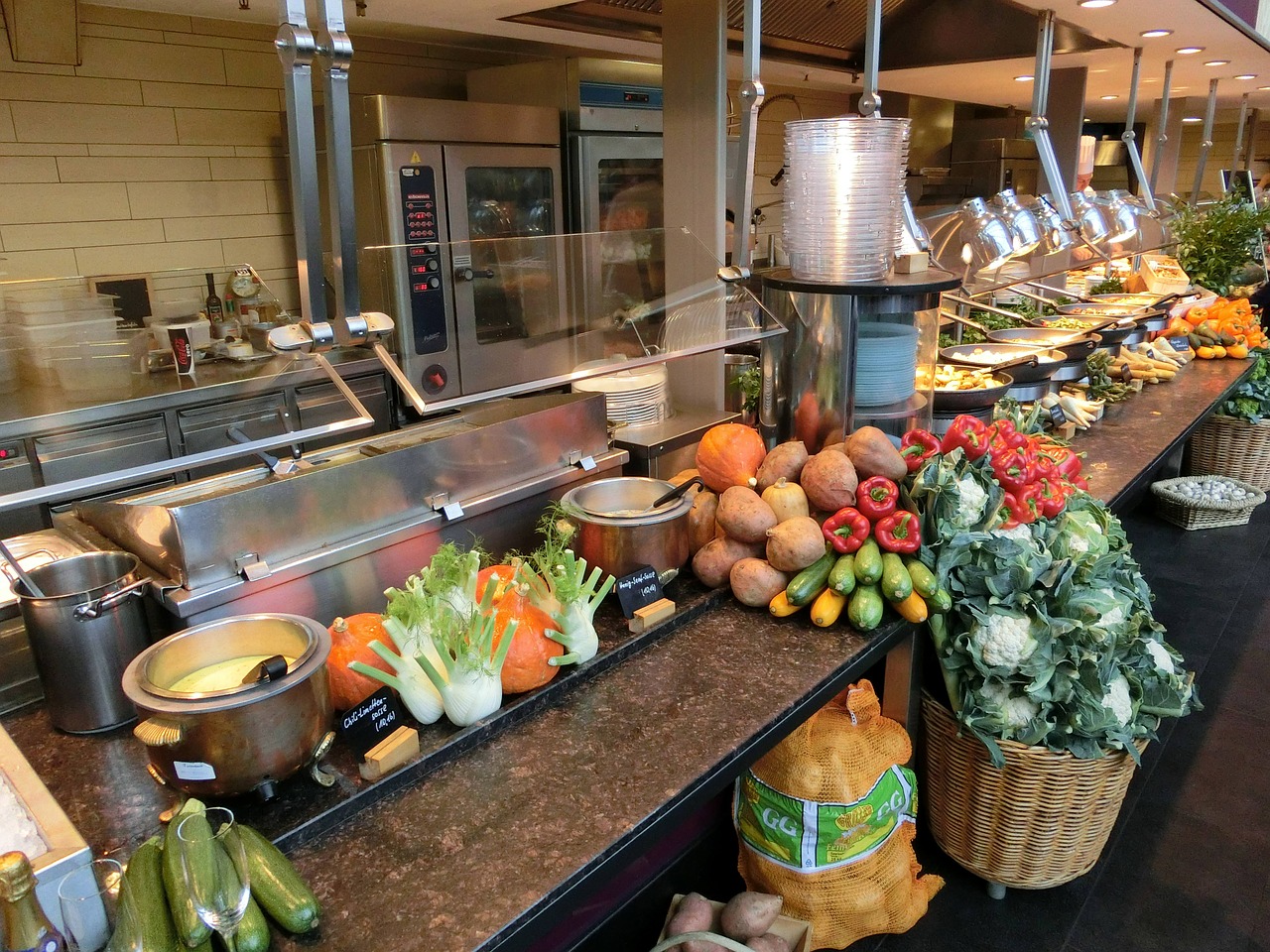Bringing products to market to meet the growing demands of consumers is getting increasingly complex. The demand for additive-free, non-GMO, low calorie, and fresh products is not just a fad. Conscientious consumers focus on health, wellness, and social issues as they shop for family meals. They will take into consideration clean labels, visibility into suppliers, humane treatment of animals, and environmental sustainability.
This is adding to the burden on food and beverage companies as they struggle to comply with vague definitions and evolving standards for compliance. Today’s clean label movement is an example of consumer demand for informative labels and products free of added chemicals, colors, and unnecessary ingredients. While food and beverage companies may want to seize the opportunity to appeal to a market that has spending power, the task isn’t easy. Definitions evolve, as do expectations.
Read More
Topics: Manufacturing, Food & Beverage, Infor Optiva, CloudSuite Food & Beverage

MASTER SERIES FOR MANUFACTURING: Part 1 - A webinar designed to share a knowledge base for manufacturing sciences & technology and applications to improve production performance.
As we hear more about Industry 4.0; Industrial Internet of Things, and The Digital Factory, it might be a good time to reflect and develop a “Common Language” as it pertains to the word “Manufacturing.”
Since every word has specific meaning, we should ensure that terms such as “Manufacturing” and “Manufacturing Technology” are understood and articulated with a shared language.
This effort could also serve a very useful purpose as we review the developments in the past century and plan ahead for future ones.
“Manufacturing” is the REPETITIVE use of an organized collection of Physical processes, Information Processes and the combination of the two to achieve the “Product” at the required quantity, quality, cost, time and place.
It is the repetitive use of all processes that distinguish “manufacturing” from research, design, product development, etc.
Read More
Topics: Digital Transformation, ERP, Manufacturing, Food & Beverage, Webinar, Process Manufacturing, Artificial Intelligence, Fashion PLM
Read Infor Press Release
Infor, a global leader in business cloud software specialized by industry, today announced that Independent Computer Consulting Group (ICCG) has been selected as a preferred partner to drive digital transformation for the Fashion, and the Food & Beverage industries in India. The alliance will strengthen the delivery of Infor solutions such as Infor Cloud Suite Fashion, Cloud Suite Food & Beverage (Infor M3) including Infor’s edge applications like Infor Fashion PLM and Infor Optiva PLM to accelerate the adoption of robust, purpose-built and industry-specific suite of offerings designed to meet the evolving demands of businesses.
Read More
Topics: Digital Transformation, Press Releases, Food & Beverage, Infor M3, PLM, Fashion & Apparel, Product Lifecycle Management, Infor Optiva, Infor, Fashion PLM
Whether it is e-commerce, the Internet of Things (IoT), robotics or digitally connected global supply chains, food and beverage (F&B) manufacturers are investing in IT solutions in order to take advantage of innovative technologies and opportunities for growth. Unfortunately, in efforts to achieve a quick return on investment (ROI), companies often overlook a fundamental element that needs to be in place before true transformation can occur: workforce buy-in. Today we are sharing this article by Mike Edgett, Industry & Solution Strategy Director at Infor.
Read More
Topics: Food & Beverage, Digital Strategy, IoT, Digital Journey
How food and beverage companies can succeed in the microvertical space.
You can see it happening in supermarket aisles. Shoppers are moving their carts away from the big food brands and toward niche brands and specialized, fresher products.1 You can see it in the financials as well. The top US food and beverage companies have lost about $18 billion in market share since 2009, reports Fortune.
In this period of change, companies are differentiating themselves by focusing on specific niche, microvertical markets. By going niche, they can offer consumers unique products that appeal to highly specific consumer demand. But, developing a microvertical or niche business means taking on a range of new challenges. You must learn new skills, develop new and unique products, and rely on smaller production runs to produce higher margins.
You can only go big by going small.
Read More
Topics: Manufacturing, Food & Beverage, Food Technology
For everything there is a season, as those in the Food and Beverage Industry are keenly aware. In parts of the world, harvest season is here; for others, it is spring planting. And, as 2018 coasts to year-end, it is also the season for summarizing achievements and setting new goals. Eager to capitalize on the growth momentum, F&B companies will soon be planning 2019 budgets and prioritizing the major initiatives for the coming year. With many game-changing innovations now available, companies should start early to strategize on the technology investments that will be key to seizing new opportunities.
Read More
Topics: Manufacturing, Food & Beverage, Process Manufacturing, Food Technology
Immense amounts of data are flowing into and out of today’s businesses, but it's often difficult to know how to turn this data into actionable insights. Data science has incredible potential for businesses of all types to create models that find patterns in this data and use them as the basis for transformative software. From location sensor data and customer loyalty programs to predictive analytics that improve the customer experience, employee engagement, and operational efficiency, a world of possibility awaits organizations that can crack the data science code.
Read More
Topics: Digital Transformation, Manufacturing, Fashion & Retail, Food & Beverage, Distribution, Chemical, Equipment, Digital Strategy, digital disruption
In the current hypercompetitive business environment, it’s not enough to automate processes and increase efficiency. To succeed, companies need to differentiate themselves from their competitors. But with the growth of digitally savvy customers who expect more from every transaction, it’s becoming increasingly difficult to differentiate on product alone. Customers are demanding a more personal, service-oriented approach from the companies with which they do business, and the bar continues to be reset at higher and higher levels. To meet this demand, and stay competitive, companies need to move from a transaction-based model to more value-based interactions. This means putting the experience first.
Read More
Topics: Digital Transformation, Manufacturing, Fashion & Retail, Food & Beverage, Distribution, Chemical, Equipment, Digital Strategy, digital disruption
Digital transformation is on the tip of many tongues in the technology industry of late; but like many potentially seismic shifts, this concept’s meaning and the impact it will have on how day-to-day business gets done are taking some time to develop. CIO defines digital transformation as “the acceleration of business activities, processes, competencies, and models to fully leverage the changes and opportunities of digital technologies and their impact in a strategic and prioritized way.” But more than just acceleration, digital transformation is about the need for businesses to outpace digital disruption and stay competitive in a rapidly evolving business environment.
Read More
Topics: Digital Transformation, Manufacturing, Fashion & Retail, Food & Beverage, Distribution, Chemical, Equipment, Digital Strategy, digital disruption
Regardless of industry, market, and geography, nearly every business on the globe has been touched by technological change. And these ongoing, and often unexpected, disruptions are impacting how business is conducted. For example, the World Economic Forum states, “It used to take Fortune 500 companies an average of 20 years to reach a billion dollar valuation; today’s digital start-ups are getting there in four.”
While increased competition is a powerful motivator for embracing digital transformation, so are the potential revenue opportunities. The World Economic Forum estimates that “the combined value—to society and industry—of digital transformation across industries is upwards of $100 trillion over the next 10 years.”
Read More
Topics: Manufacturing, Fashion & Retail, Food & Beverage, Distribution, Chemical, Equipment











